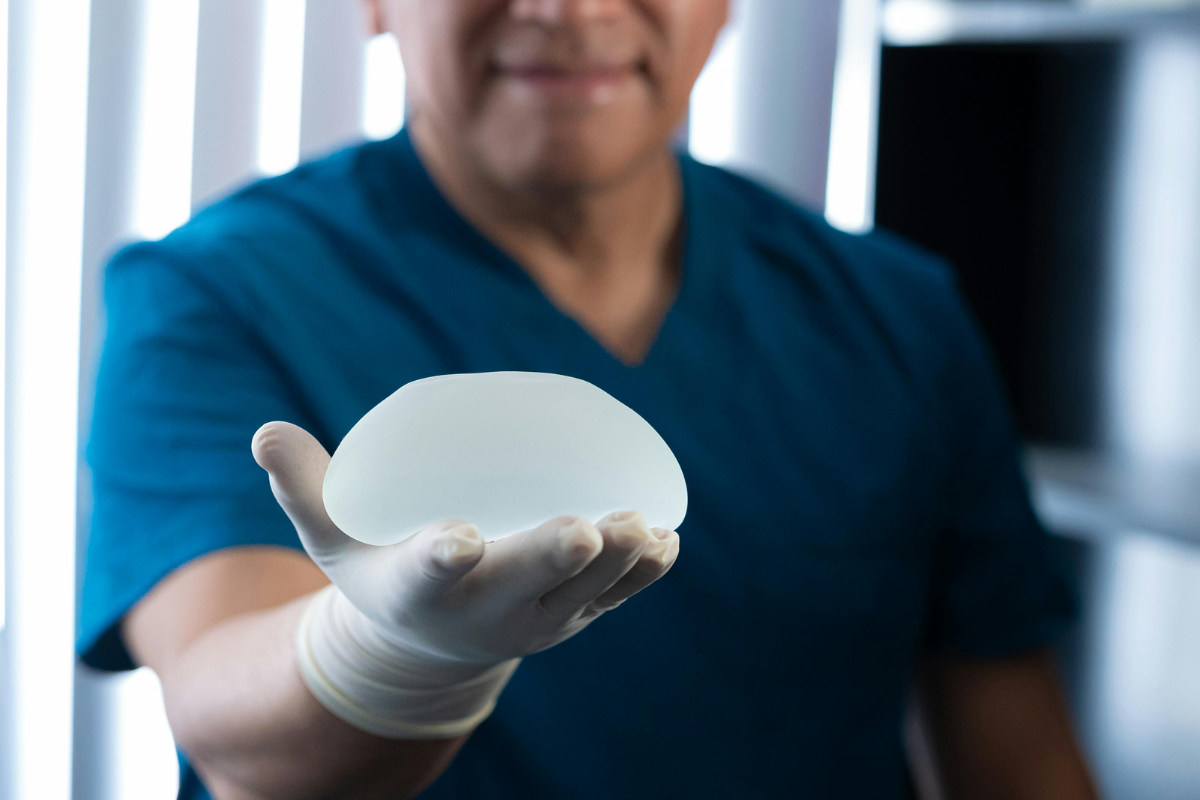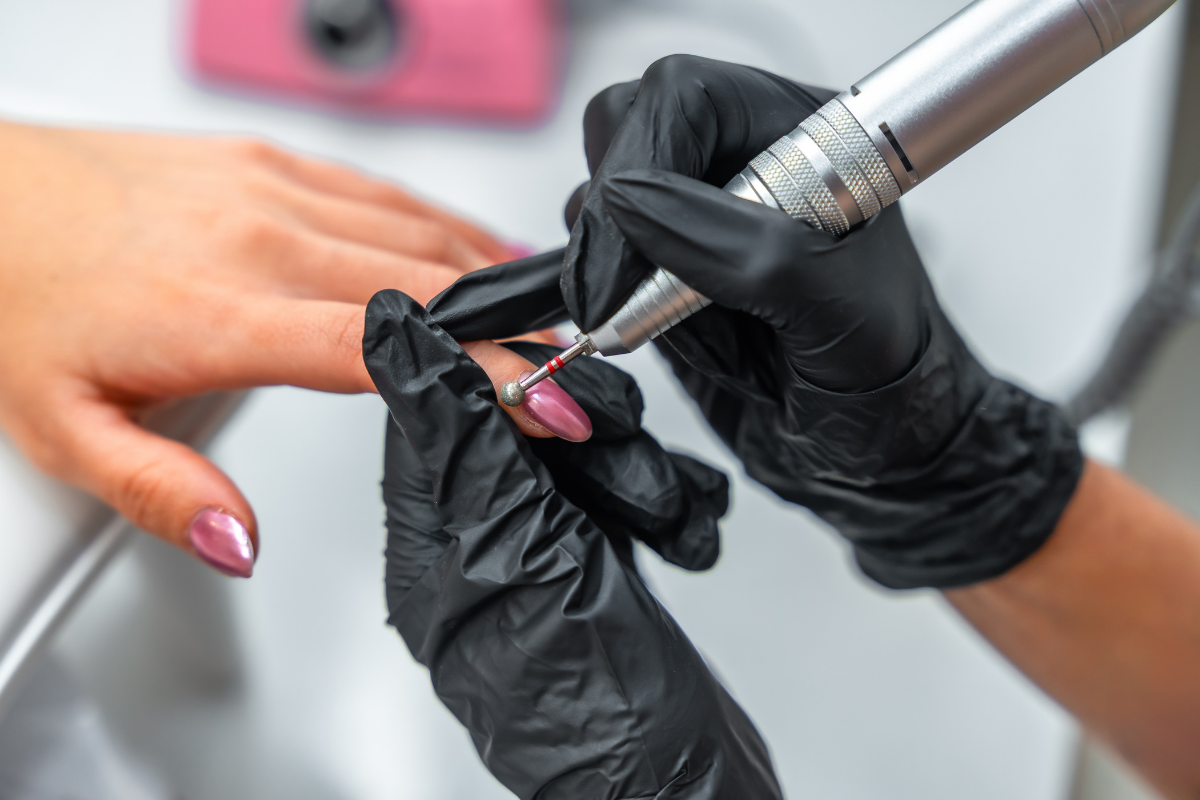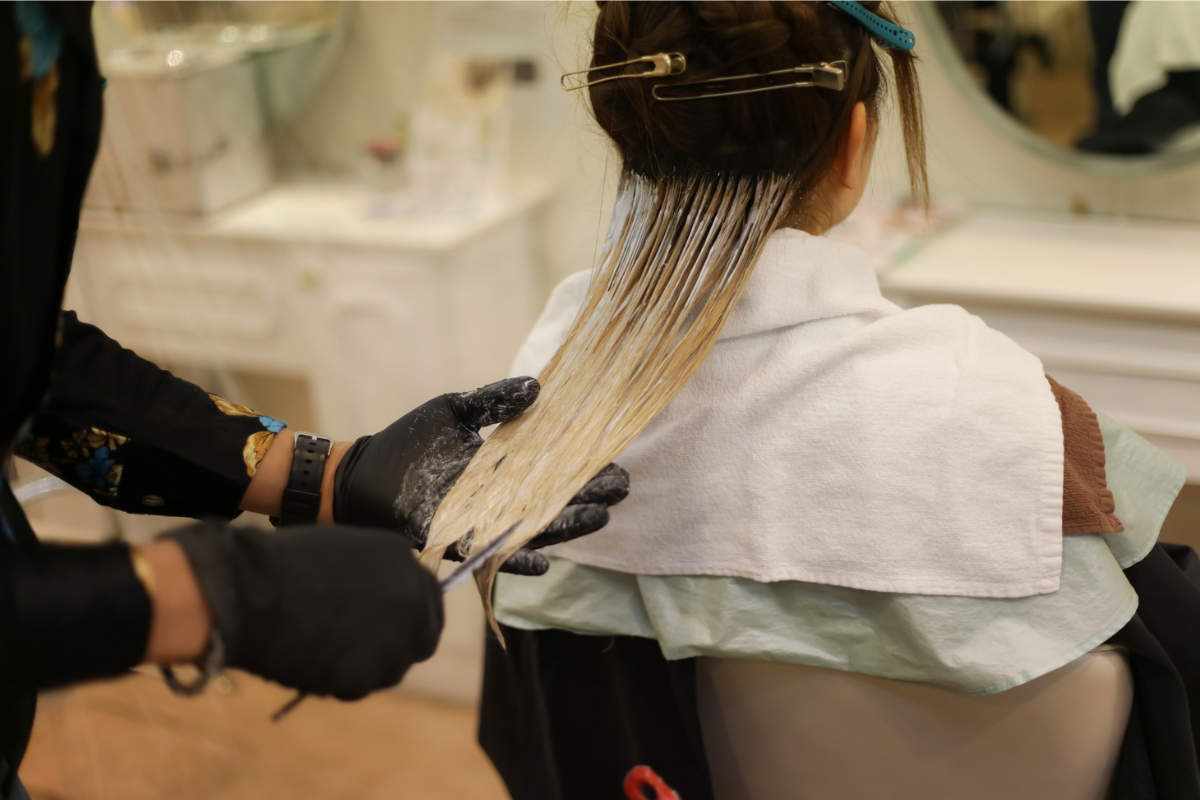

Wearable technology in eye care is advancing rapidly, offering patients innovative solutions that go beyond traditional lenses. At the forefront of these advancements is Optometrist in Robertsdale AL, Robertsdale Eye Care, which is embracing cutting-edge technologies to provide its patients with enhanced vision and eye health solutions. From smart lenses to advanced diagnostic tools, this new wave of technology is transforming how we see and care for our eyes.
Smart lenses represent one of the most exciting developments in wearable eye care technology. These lenses are designed not only to correct vision but also to offer additional features such as monitoring eye health, tracking intraocular pressure, and even adjusting focus automatically based on the wearer’s needs. At Robertsdale Eye Care, the adoption of smart lens technology is a priority as they help patients manage conditions like presbyopia, astigmatism, and glaucoma with greater ease and efficiency.
The beauty of smart lenses lies in their ability to provide real-time feedback to both patients and eye care professionals. For instance, patients with glaucoma can use smart lenses that monitor intraocular pressure throughout the day, providing crucial data that can be shared with their optometrist to adjust treatment plans as necessary. These innovations are not just changing how we treat eye conditions but also how we monitor long-term eye health.
Another breakthrough in wearable eye care technology is the development of customizable contact lenses. Robertsdale Eye Care offers advanced contact lenses that are specifically designed to fit the unique curvature of each patient’s eyes. This personalized approach ensures that the lenses provide optimal comfort and clarity, reducing the chances of irritation or discomfort.
Customizable contact lenses also allow for specialized features, such as UV protection or blue light filtering, making them perfect for individuals who spend a lot of time outdoors or working in front of digital screens. Patients with conditions like dry eye syndrome can also benefit from lenses that retain moisture, ensuring that their eyes stay hydrated throughout the day.
One of the most talked-about trends in wearable tech is augmented reality (AR) glasses. These smart glasses are equipped with a built-in display that overlays digital information on the real world, providing wearers with real-time data, directions, notifications, and more, without the need to check a smartphone. While still in development, Robertsdale Eye Care is closely following these advancements to ensure their patients will be able to benefit from this technology once it becomes widely available.
AR glasses have the potential to revolutionize how people interact with their surroundings. For individuals with vision impairments, these glasses could provide enhanced navigation assistance by highlighting obstacles or providing spoken directions. Meanwhile, for professionals in fields like construction or medicine, AR glasses could display critical information, improving both efficiency and safety.
Beyond vision correction, wearable technology is also making strides in diagnostic tools that can monitor and maintain eye health. Devices like wearable retinal scanners and portable visual field analyzers are making it easier for optometrists like those at Robertsdale Eye Care to detect and diagnose eye conditions early.
Wearable diagnostic devices provide continuous monitoring, allowing eye care professionals to track changes in a patient’s vision over time. This is particularly important for detecting progressive conditions such as macular degeneration or diabetic retinopathy, where early intervention can make a significant difference in the outcome. Robertsdale Eye Care is committed to utilizing the latest in diagnostic technology to ensure their patients receive the best care possible.
As more people spend extended periods of time in front of digital screens, blue light exposure has become a growing concern. Prolonged exposure to blue light can lead to digital eye strain, which causes symptoms like headaches, dry eyes, and blurred vision. Fortunately, advancements in wearable tech now include blue light filtering lenses that can be integrated into both eyeglasses and contact lenses. Robertsdale Eye Care offers a variety of these lenses to help patients protect their eyes while using computers, tablets, and smartphones.
Digital eye strain is not only uncomfortable but can also lead to long-term damage if left untreated. By offering solutions like blue light filtering lenses, Robertsdale Eye Care is taking proactive steps to protect their patients’ eye health, ensuring that they can continue to enjoy clear and comfortable vision in a digital world.
Wearable technology is also making waves in the field of vision therapy. Devices such as virtual reality (VR) headsets are being used to treat a variety of visual impairments, from lazy eye (amblyopia) to convergence insufficiency. By engaging patients in interactive exercises, these devices help strengthen eye muscles and improve overall visual function.
Robertsdale Eye Care is exploring these new therapeutic options, particularly for patients who require rehabilitation for vision issues that cannot be corrected with lenses alone. Vision therapy using wearable tech offers an exciting, non-invasive way to treat certain conditions, providing a hands-on approach that yields measurable results.
Artificial intelligence (AI) is rapidly being integrated into many aspects of eye care, especially when it comes to diagnosing and managing eye diseases. AI-powered tools can analyze retinal images and other diagnostic data far more quickly and accurately than traditional methods. Robertsdale Eye Care is on the cutting edge of this technology, leveraging AI to enhance patient care by providing earlier diagnoses and more personalized treatment plans.
AI algorithms can identify patterns that may be invisible to the human eye, making it possible to detect diseases like diabetic retinopathy in their earliest stages. By incorporating AI into their practice, Robertsdale Eye Care is ensuring that their patients benefit from the most advanced and precise eye care available today.
The future of wearable tech in eye care is incredibly promising, with innovations like smart lenses, AR glasses, and AI-powered diagnostics offering new ways to improve vision and maintain eye health. At Robertsdale Eye Care, patients can expect to receive cutting-edge care that integrates the latest advancements in technology, ensuring they have access to the best solutions for their individual needs.







